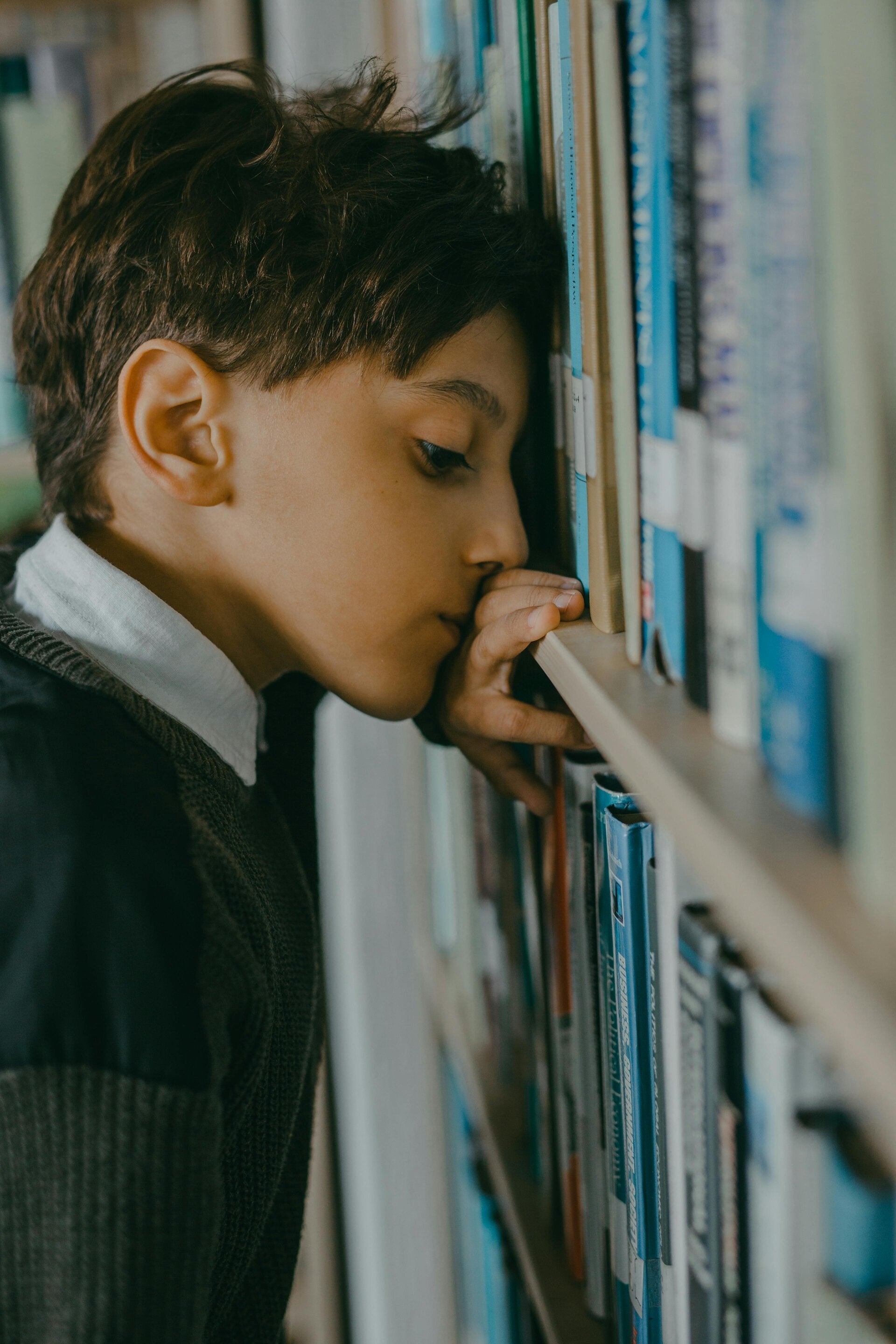What is dyslexia?
Dyslexia is a common learning difference that makes it harder for children to read, write and spell even though they are often bright and capable. It’s not linked to intelligence and with the right support children with dyslexia can succeed in school and beyond. In fact, many children with dyslexia show strong problem-solving abilities, creativity and out-of-the-box thinking. They often excel in areas such as storytelling, art, design, engineering and entrepreneurship. Recognising and nurturing these strengths can help them build confidence and thrive in their own unique ways.

How can having dyslexia impact children in school?
In school, children with dyslexia may struggle to keep up with reading tasks, understand written instructions or express their thoughts on paper. This can lead to frustration, low confidence and difficulties in subjects that rely heavily on reading. With the right support and teaching strategies, however, children with dyslexia can thrive and reach their full potential.

What can help dyslexic children in school?
Dyslexic children benefit from tailored support such as multisensory teaching, extra time on tests and access to audiobooks or speech-to-text tools. One-on-one or small group intervention in reading and spelling can also make a big difference. Encouragement, patience and a focus on their strengths help build confidence and motivation to learn.

How can a specialist tutor help a dyslexic child?
A specialist tutor provides tailored, one-on-one support designed to meet the unique learning needs of dyslexic children. Using structured, multi-sensory techniques they help improve reading, spelling and writing skills at a pace that suits the child. With a focus on building confidence and fostering independence, tutors also teach effective learning strategies and may use assistive tools to support progress. Working closely with families and schools, they create a supportive path to long-term success.

